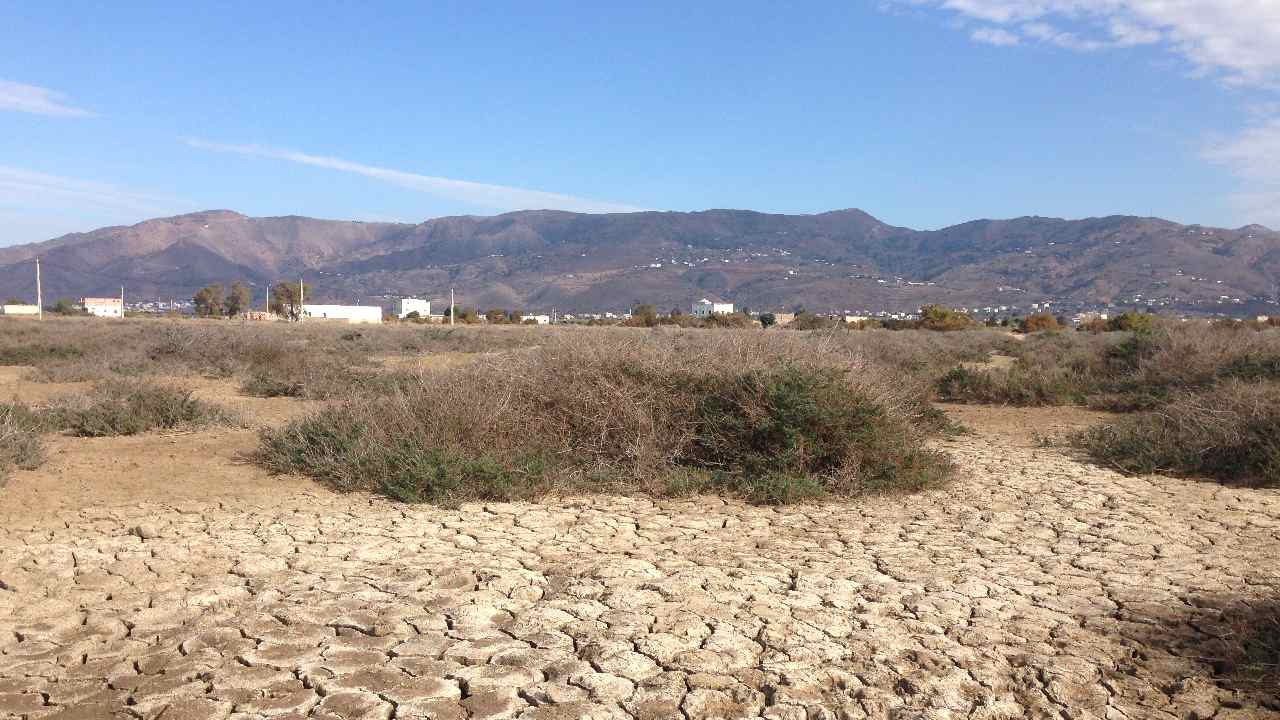Cities around the world, from London to Beijing to New Delhi, are at increased risk of drought due to climate change, says a Christian Aid report.
The charity warns that the cost of water scarcity will be felt primarily by poor cities such as Harare, Zimbabwe and Kabul, Afghanistan. It called for the creation of an international fund for the damage and loss caused by climate change.
The report states that less than 3 percent of the planet’s water is drinkable and most of it is trapped in glaciers and ice holes.
The charity says only 0.01 percent of the world’s water is available for human consumption in lakes, rivers, reservoirs and reservoirs, yet worldwide water use has more than doubled in the 20th century due to population growth.
More than half the world’s population lives in cities (this number is expected to increase by 68 percent by 2050) and many people are already experiencing water scarcity.
Cape Town in South Africa became the first major city in the world in 2018 after a long drought, with people standing in line for water in the heatwave in New Delhi.
Even London and south-east England, Britain’s ‘famous for rain’, could run out of water within 25 years, experts say, the report warns, from the capital itself.
London has already received half of New York’s rainfall, and climate change will increase the frequency and intensity of drought in the region. With a growing population, it could put pressure on the capital’s old water supply system, the report said.
It examines the future of water supply for drinking, washing and agriculture to provide food for 10 major world cities and warns of the potential for reduced greenhouse gas emissions and increased climate-related droughts. The poor will suffer the most. ,
Christian Aid says low-income city dwellers may have to pay much more for water than private suppliers, while cities in poorer countries are more at risk because they have fewer resources to adapt to climate change and water scarcity.
A survey conducted for charities shows that more than one-third (36 percent) of people from rich countries support funding to limit the effects of drought, or are paid by individuals or private organizations, a more popular option than expected.
In terms of heatwaves in the UK, more than half of the more than 2,200 Britons (49 percent) say they are now worried about the effects of drought on people there, but almost two-thirds (64 percent) agree. I agree that he did not see any information. How to protect yourself from it.




























